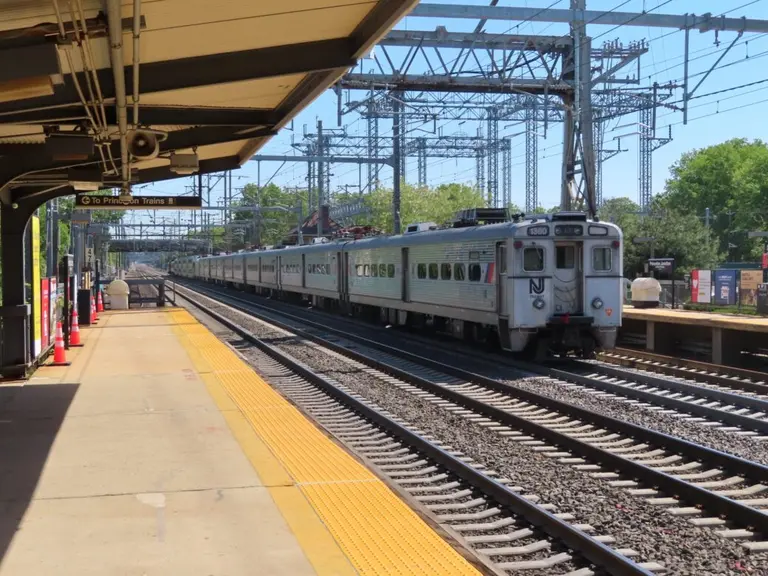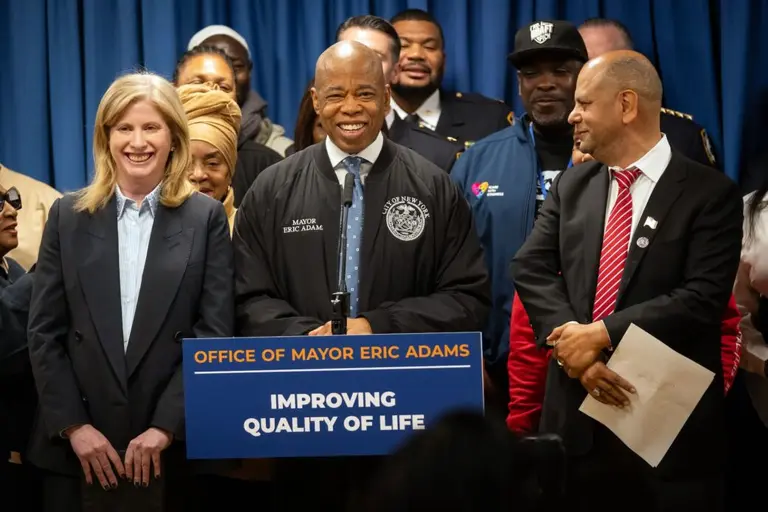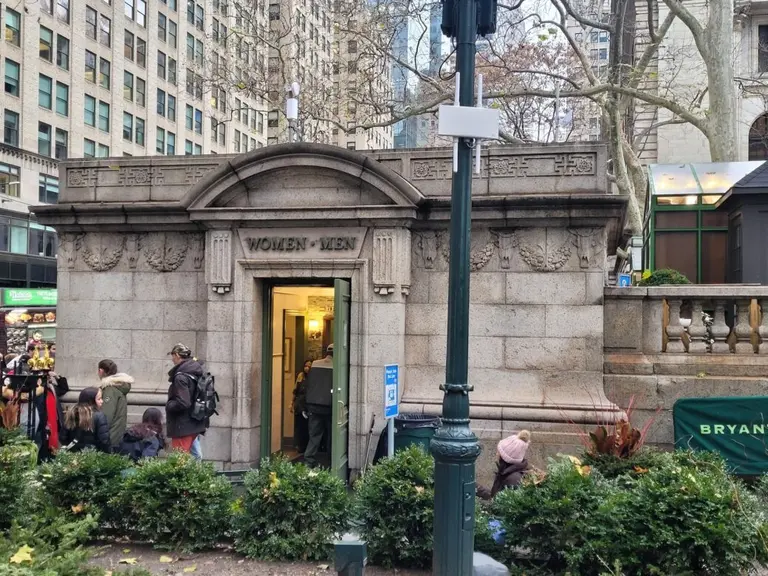Nearly 900 Section 8 residents in NYC spend more than 80 percent of income on rent

Photo via Pexels
Can anyone, at any income level, justify and sustain paying 80+ percent of their income on rent? Obviously not. According to the Housing and Urban Development website, “If a household pays more more than 30 percent of its gross income on rent and utilities it is considered rent-burdened.” Despite HUD’s claim, amNY highlighted two NYC renters in Section 8 housing who spend over 80 percent of their income on rent. The housing policies peg their rent to their income. Robert Rodriguez, who has lived in his Upper West Side apartment for 41 years and filed a lawsuit last June against the city, now pays a whopping 86 percent of his income in rent. Adding to the problems, on Wednesday HUD Secretary Ben Carson proposed massive changes, which would triple rent for the poorest households and make it easier for housing authorities to impose work requirements.
The government gives Section 8 vouchers to low-income New Yorkers to provide reduced rates for tenants and compensate landlords. But Justin La Mort, supervising attorney with Mobilization for Justice, estimates that at least 865 people are in similar position as Rodriguez and, he worries, the number is only growing. In his research for Rodriguez’s case, La Mort came across one NYC renter who is supposed to pay 110 percent of her income.
La Mort says, “De Blasio has put in a lot of political capital in stopping homelessness and fighting for affordable housing — and he has done a lot of good work — but I just don’t understand why they are ignoring these 800 people.”
According to the Washington Post, Ben Carson’s plan “amounts to a comprehensive effort by the Trump administration and Republicans in Congress to restrict access to the safety net and reduce the levels of assistance for those who do qualify.”
HUD’s full explanation of rent percentages reads:
If a household pays more than 30 percent of its gross income on rent and utilities it is considered rent-burdened. If you pay more than half of your income on rent, you are considered extremely rent burdened. Families who pay more than 30 percent of their income for housing are considered cost burdened and may have difficulty affording necessities such as food, clothing, transportation and medical care. An estimated 12 million renter and homeowner households now pay more than 50 percent of their annual incomes for housing.
Carson’s initiative would raise the rent for tenants in subsidized housing to 35 percent of gross income, from the current 30 percent of adjusted income. This would affect half of the 4.7 million U.S. families receiving housing benefits. The proposal, which needs Congressional approval and should be decided on within the next 90 days, also expands work initiatives requiring most adult recipients under 60 to work part-time or enroll in a state-run training program. The Washington Post estimates it would apply to as many as seven million adults. Additionally, the Trump administration now allows states to impose work requirements on residents enrolled in Medicaid.
HUD also wants to eliminate deductions for medical and child-care costs to determine rent because Carson believes some tenants use it for an unfair advantage. Carson says of his proposal, “Every year, it takes more money, millions of dollars more, to serve the same number of households. It’s clear from a budget perspective and a human point of view that the current system is unsustainable.” He also made sure to throw in that the current “confusing” rules and rent calculations cater to those who “know how to work the system.”
[Via amNY and Washington Post]
RELATED:




























